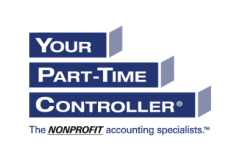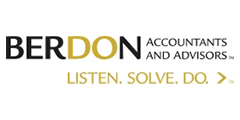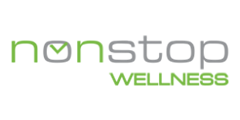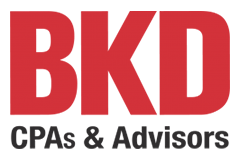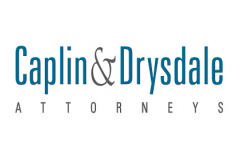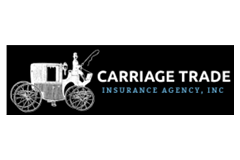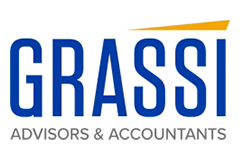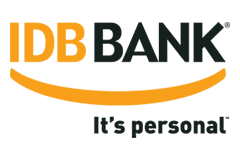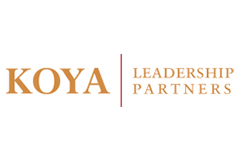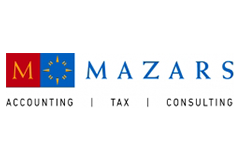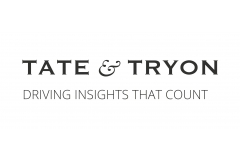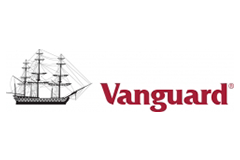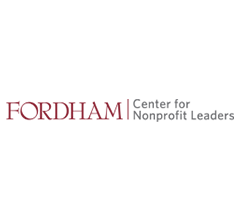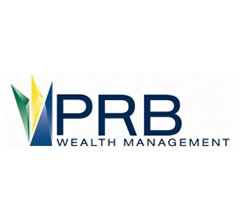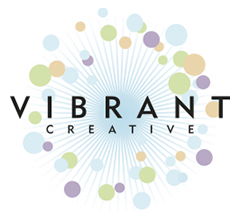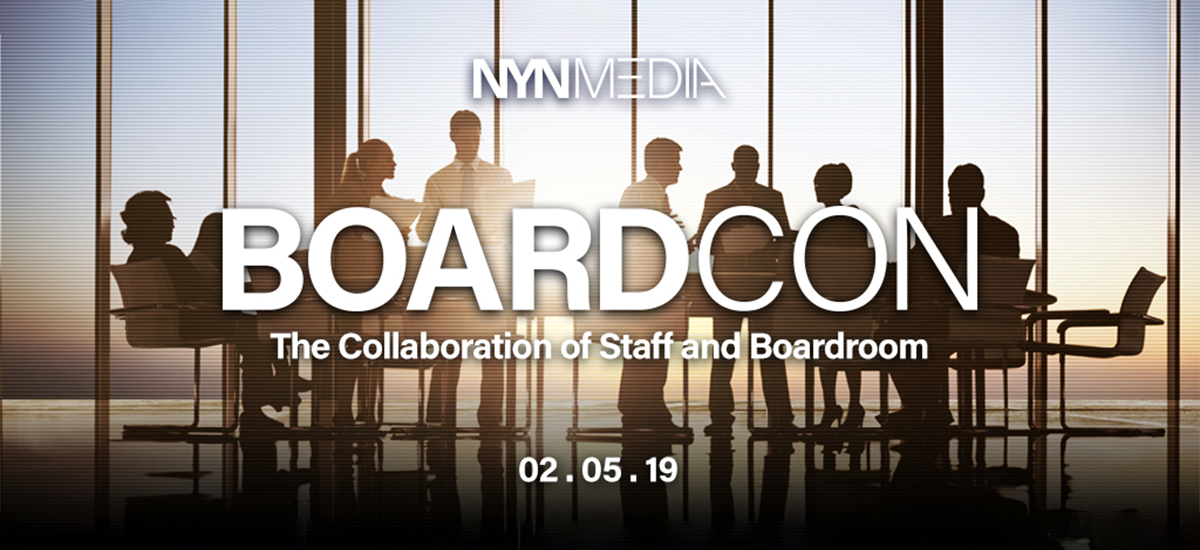

For most nonprofits, fiscal, operational and most other responsibility is enacted through a collaborative effort that involves its Board of Directors, the Executive Director and a senior officer. For a board to successfully use its function, it must be fully informed and fully engaged with the organization’s operations. Ultimately, the board is responsible for the governance of an organization, and the board will not be able to fulfill its obligations without proper information.
Details

8:00AM - 5:00PM EST

February 5th

UFT Shanker Hall
Agenda
|
8:00 AM |
Networking & Registration |
|
8:30 AM |
Welcome Opening Remarks |
|
8:45 AM |
Board Responsibilities: Checklist and Toolkit A nonprofit’s board of directors has multiple, equally important responsibilities to fulfill. The board sets the plan, examines operations, and acts as a public figure of the nonprofit. It is essential to consider things like finding the right personalities, the right experience levels and job qualifications as well as what is needed in terms of operational risk, the importance of D&O insurance and protecting your clients in general. This session will discuss where to begin, checklist of important tools and resources, balancing the daily, monthly and five-year plan.
|
|
9:30 AM |
Strengthening governance functions while increasing organization effectiveness Nonprofit governance is widely recognized as critical ingredients in a nonprofit organization’s ability to be effective achieve impact. Good governance is and will remain a constant challenge facing organizational leaders and the nonprofit community. Focusing on best practices for executing realistic governance solutions is key to a nonprofit’s success. The session will discuss important governance topics including - revising the application process of board and/or committee members; orientation of new team members, employment laws and issues; strategic planning and learning tips for enacting good governance in your nonprofit.
|
|
10:15 AM |
Networking Break |
|
10:35 AM |
How to Be a Board Diversity Advocate A board that lacks racial and ethnic diversity risks a dangerous deficiency in understanding issues of critical importance to the organization’s work and the people it serves. A homogenous board limits viewpoints and ideas, which can result in lost service opportunities and, in turn, lost impact. Alternatively, board diversity is a major contributor to overall organizational and leadership diversity. It is important to be open to expanding recruitment to board members of varying backgrounds, perspectives, ethnicities, professions, age groups and socioeconomic statuses.
|
|
11:20 AM |
Special Presentation Charity Watchdogs: Who is Watching and Why it Matters In this session, we will highlight the three primary charity watchdog organizations and explore why their rankings matter. We’ll also review some current hot topics and emerging changes to the rankings landscape. Participants will walk away with a few tips to help tell your organization’s story by leveraging free tools already available. Presenters: Ellie Hume, Senior Manager, Your Part-Time Controller, LLC Rachel DeMatteo, Manager, Your Part-Time Controller, LLC |
|
11:50 AM |
The Board’s Role in Fundraising: Boosting Board Performance & Impact The board's role in fundraising is to provide leadership, financial support, and connection to donors and potential donors. The board needs to be prepared to effectively pursue the fundraising goals it establishes in support of the organization. Boards can affect fundraising in several ways: providing leadership on strategy, being donors as leadership examples and to prove commitment, being ambassadors for their nonprofit and mission, and supporting the fundraising staff in meetings or at events.
|
|
12:35 PM |
Networking Luncheon |
|
1:35 PM |
The partnership between your board and your staff The relationship between a nonprofit’s board and its staff is so important that it can make or break an organization. A good working partnership can be a leading factor in success. This panel will address the dynamic, ongoing learning process and the importance of following a focused strategic plan based on ongoing board and staff alliance and on continuing to listen, design, and learn.
|
|
2:20 PM |
Best practices for the recruitment and retention of millennial board leaders Nonprofits are often searching for ways to reach Millennials to build a future base of supporters and volunteers for their organization and its purpose. This will discuss how nonprofits can connect with the next generation of supporters by using of social media, videoconferencing and other newer technology, by recruiting in groups, and by taking advantage of their generation’s knowledge.
|
|
3:05 PM |
Networking Break |
|
3:25 PM |
Succession and Transition Planning Nonprofits that are concerned about their own viability will also be thoughtful about planning for smooth transitions of leadership - as well as making sure their nonprofit is prepared for unexpected changes. Whether a transition occurs due to an unanticipated opening on the staff or board, or the expected transition of a long-time leader, being thoughtful and having a plan in place, can help a nonprofit withstand the inevitable challenges of leadership transition.
|
|
4:10 PM |
Bringing an action mindset to your organization Creating a strong and resilient board capable of generating new ideas and choosing strategies in such a complex world in which we live is challenging adaptive work. Boards and staff must shift their mindsets and their everyday habits. It’s important to create a shared mindset which is created from the ties that bind people together and enable them to maintain their collective focus on the work at hand.
|
|
5:00 PM |
Conference Concludes |
2022 NYN Media, A GovExec publication. All rights reserved.
